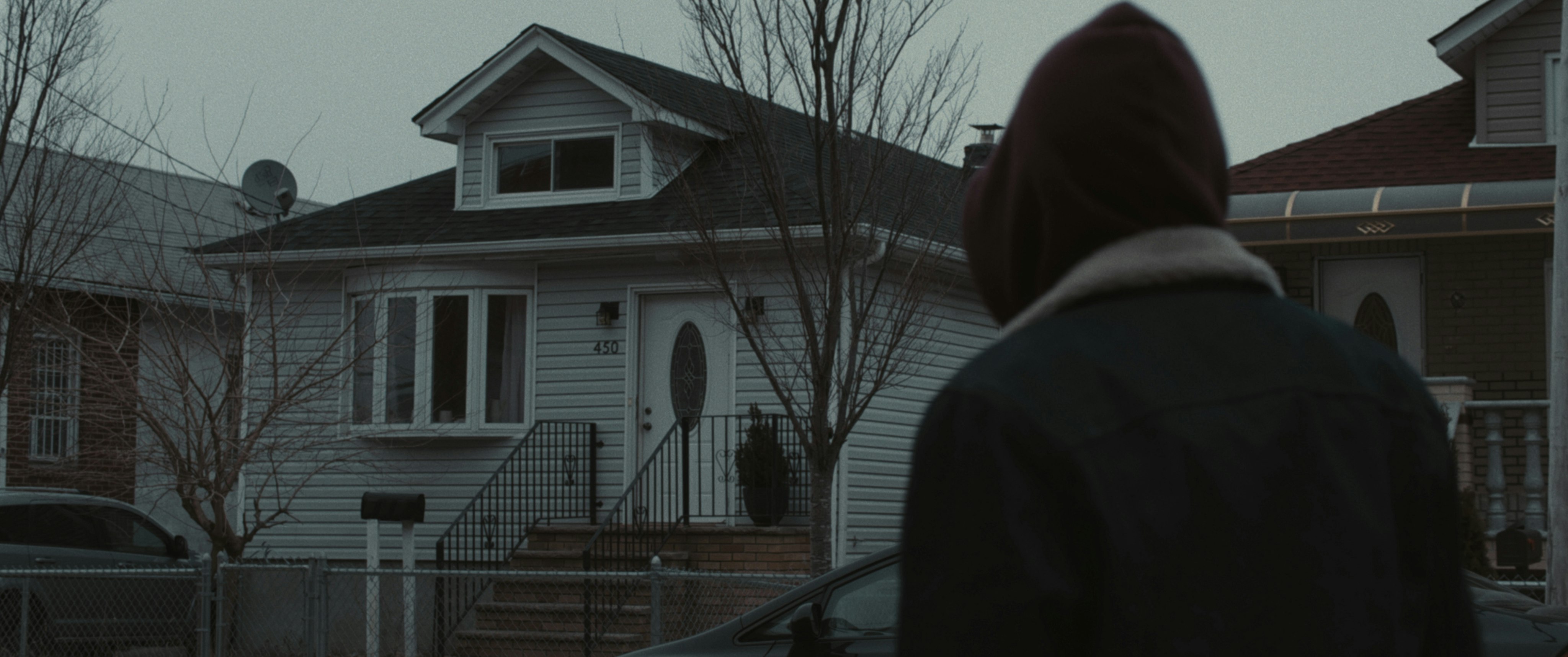A man arrives at an unknown home with an unknown agenda
In ‘An Occurrence at Arverne’, director Robert Broadhurst brilliantly plays with viewer expectations in this subtle but immaculately crafted narrative. Without spelling anything out, the film provokes broader cultural questions by probing the viewer’s perceptions as the story unfolds. In keeping the plot basic and rather eventless, the film boldly leaves its dramatic capacity in the hands of the audience.

Can you tell us what inspired you to bring this story to life?
I’d been working in various capacities as a filmmaker since film school and was going crazy because I hadn’t made anything of my own. I needed to make a film and knew that I wanted it to at least attempt to contribute to a broader dialogue. I wrote the film in late 2018 and in the years prior I had been reading and thinking a lot about race. A lot about my privilege as a white person and about the biases I had observed or absorbed (or both) growing up in America. I wanted to see if I could make a film that would work as a blank canvas where viewers could project and interpret, and that could maybe turn the white gaze on itself.
What were your key elements to keep the audience so tightly engaged (possibly without even realizing it)?
There’s no conventional plot or character arc so it’s the cultural context that provides the stakes and the viewer who supplies the tension. From a filmmaking standpoint, for the first part of the film, I leaned into the language of suspense and stuck to the storytelling techniques that have always engaged me. The goal was to put any interpretation entirely in the hands of the viewer, so for the rest of the film everything was kept really neutral to leave that interpretative space and to make sure the filmmaking wasn’t tipping the scales.

What were the biggest production challenges of putting this film together?
The house where we shot hadn’t been fully winterized and the winter weather froze the pipes. Then those pipes burst. Anything that was flushed down the toilets gurgled up through the bathtub drain. And the basement flooded. We lost running water and bathrooms, which meant we lost a lot of time doing van runs for bathroom breaks.
Have you been surprised by the response to the film?
Yes and no. I expected the wide range of responses that it got. Reactions here in the U.S. were completely different before and after the murder of George Floyd. One thing I really hadn’t counted on was just how culturally illegible the film would be outside this country. White supremacy shows up differently everywhere, so the film doesn’t often make sense to people who haven’t been indoctrinated with America’s specific baggage. Fortunately, a lot of people who grew up here have found it pretty engaging. Hopefully for those people the film nudged the empathy / awareness needle at least a little bit.




